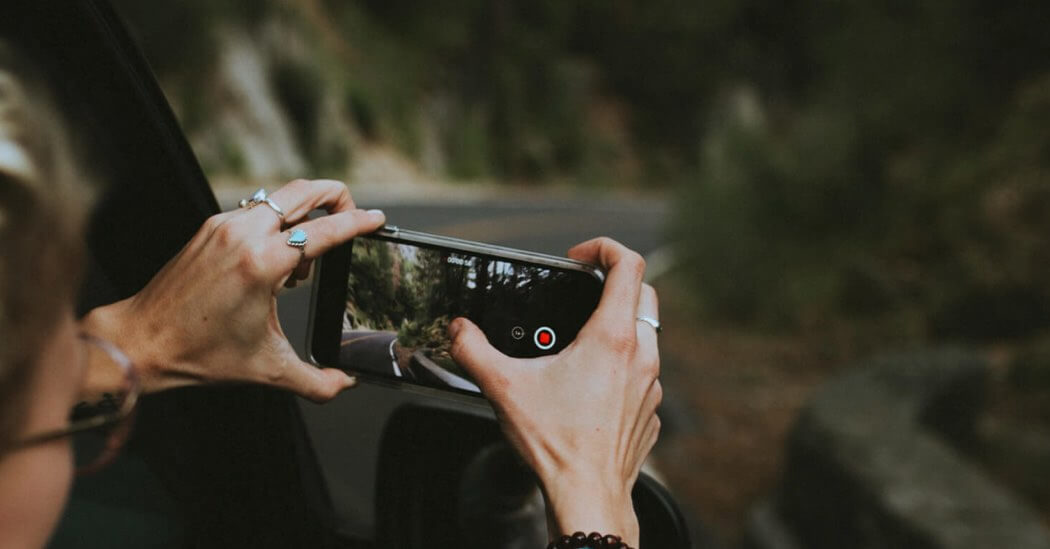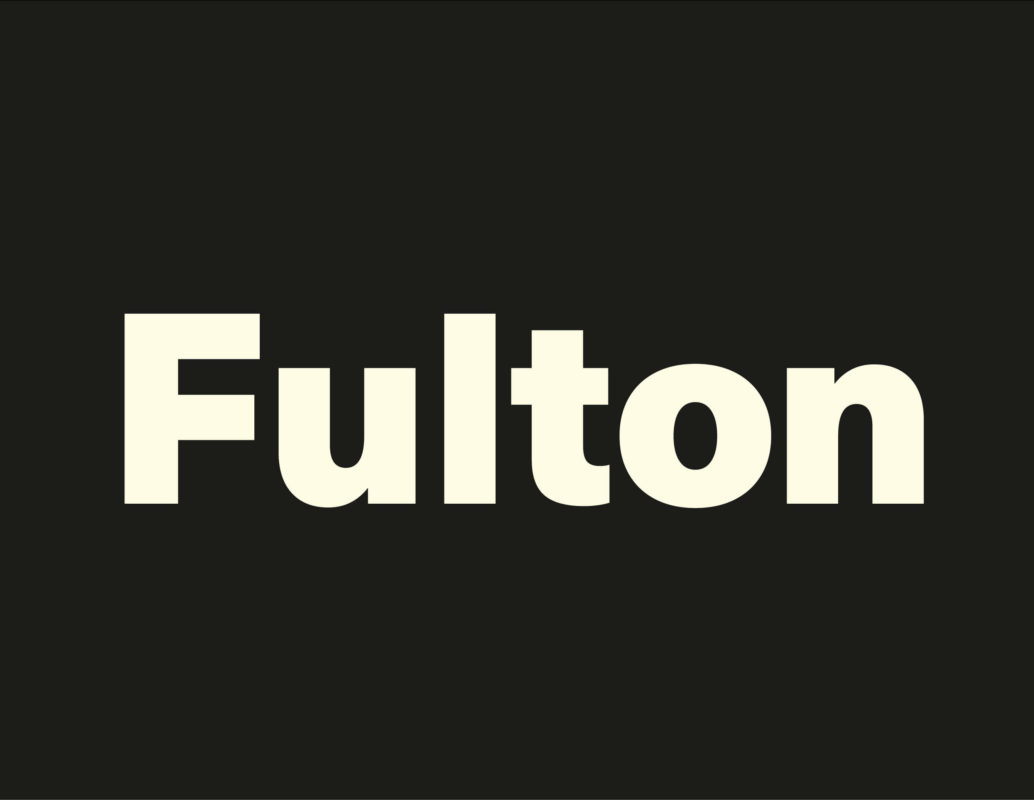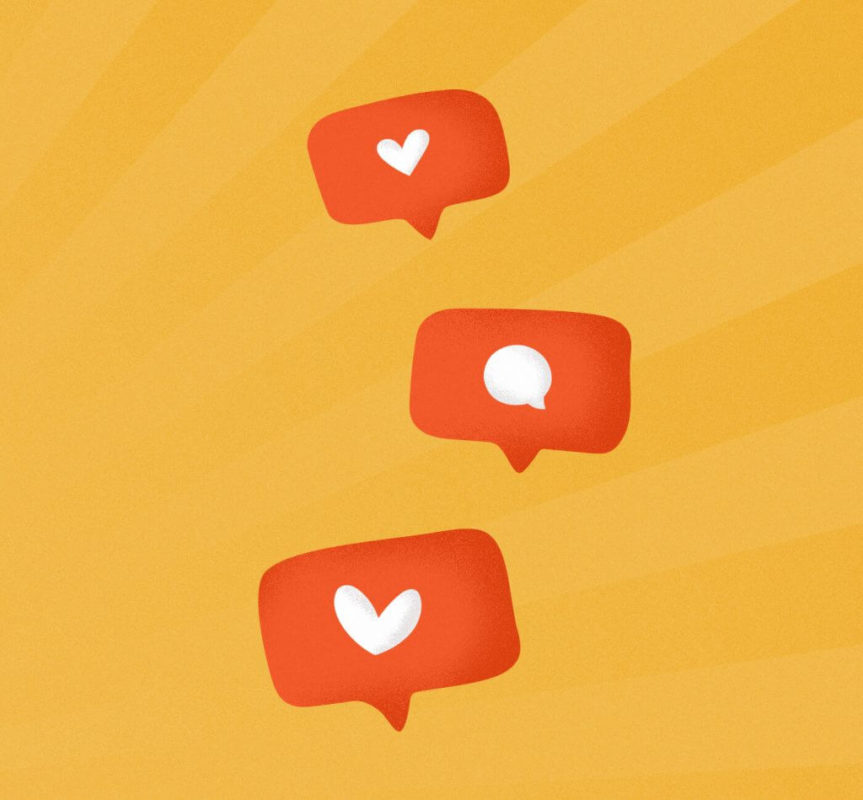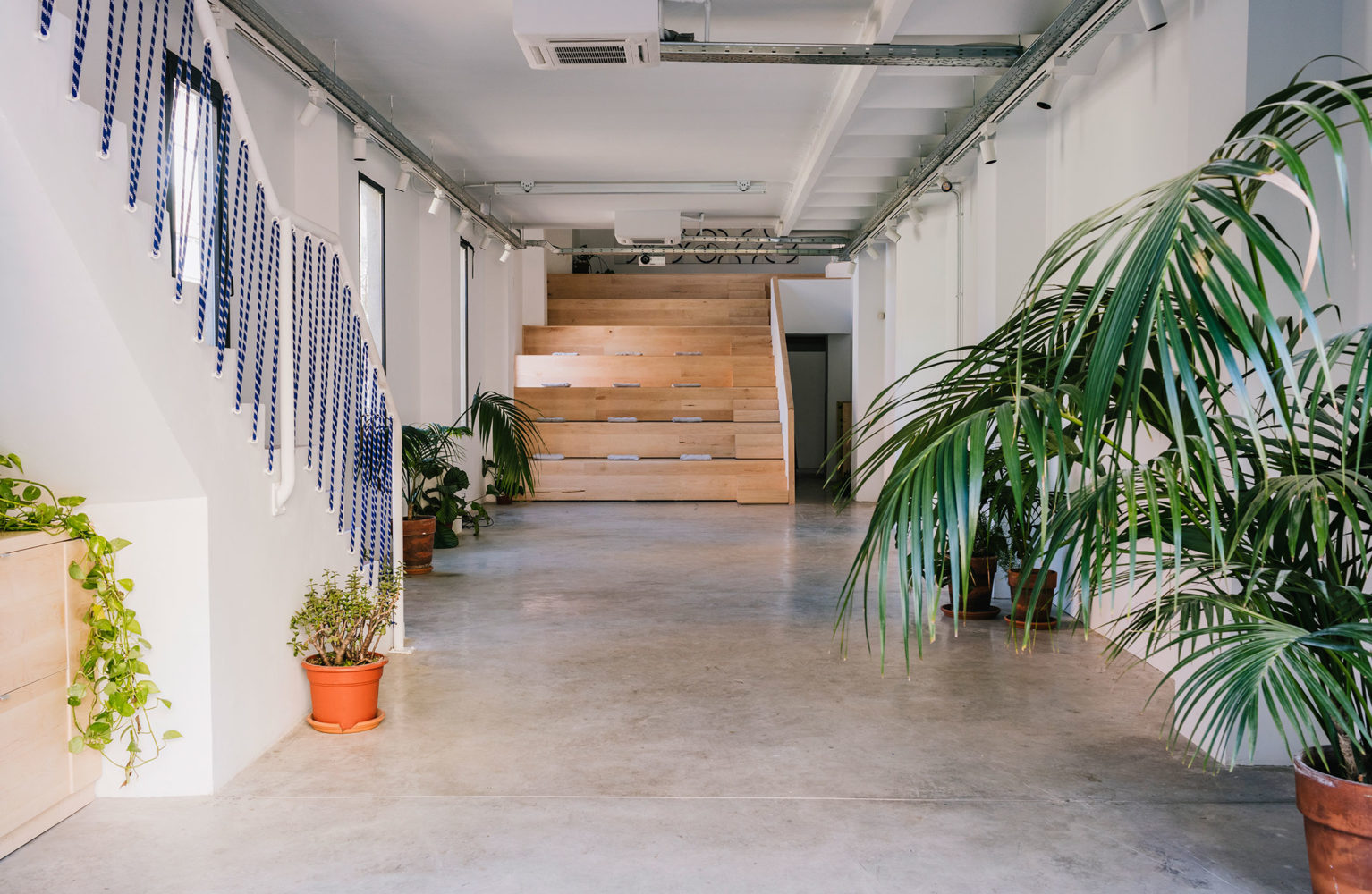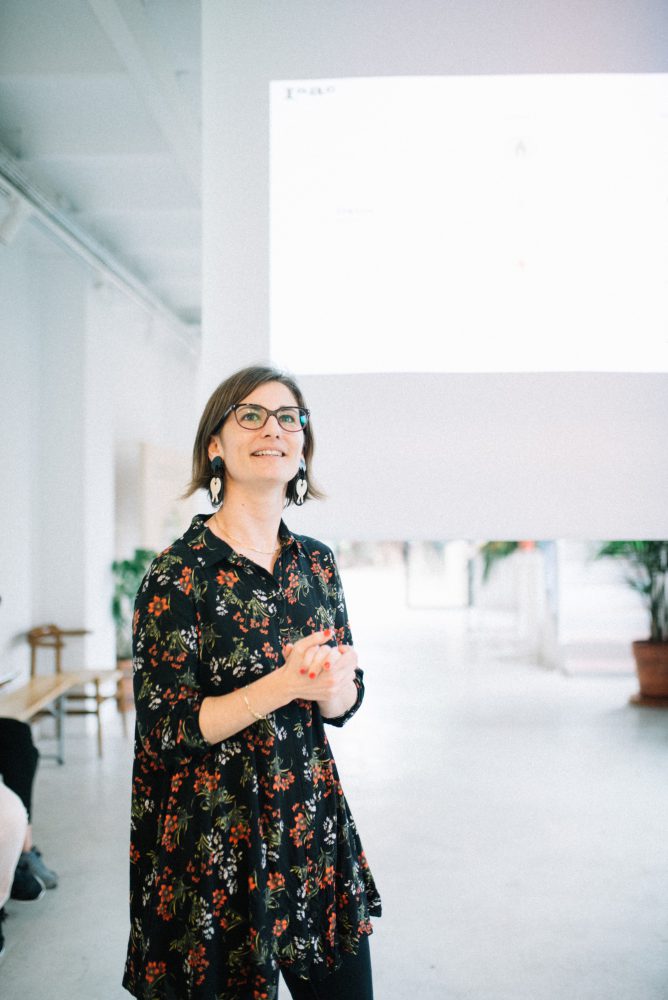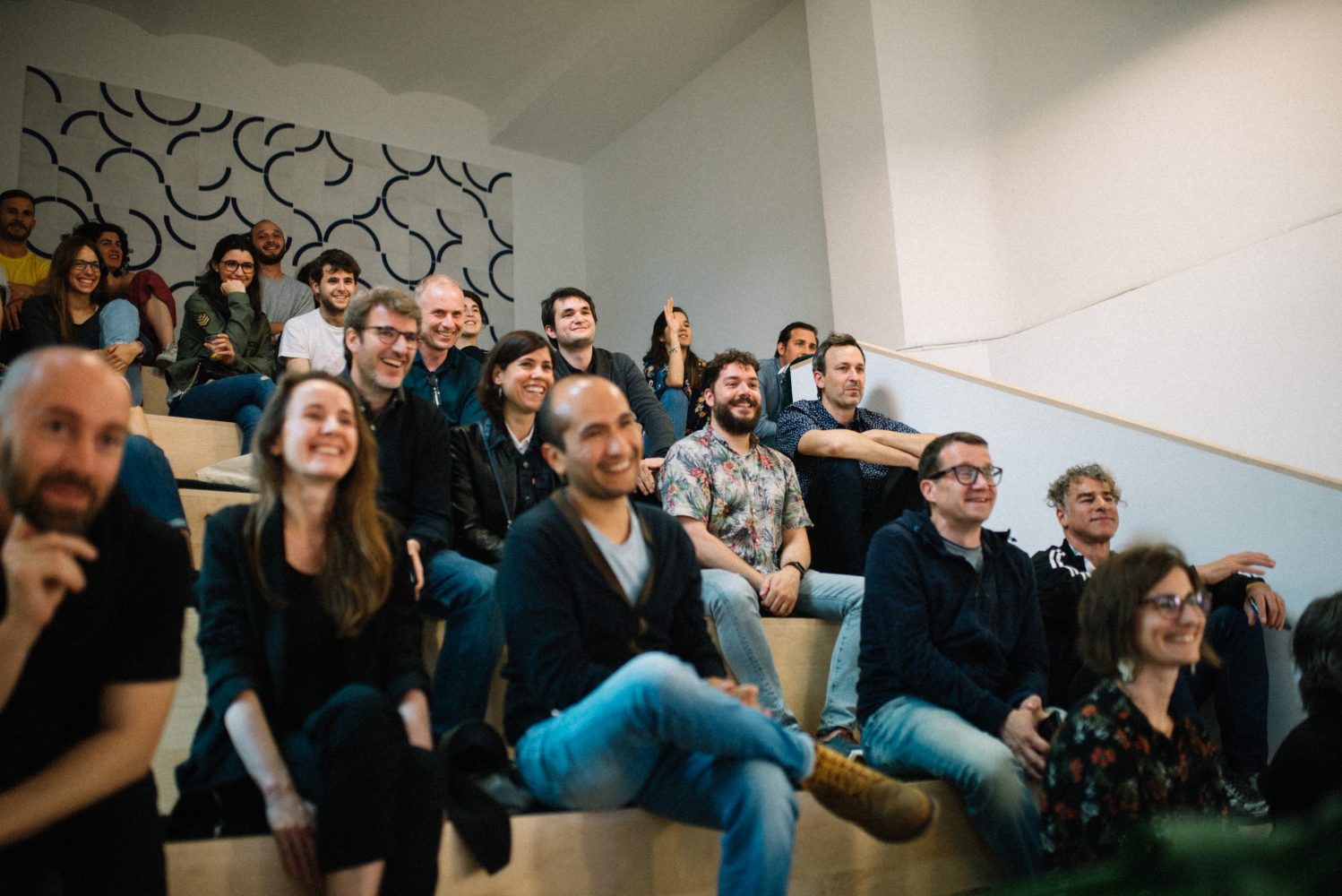By Cris Izquierdo
When dopamine wakes you up, you’re hooked
Digital | 2 min read
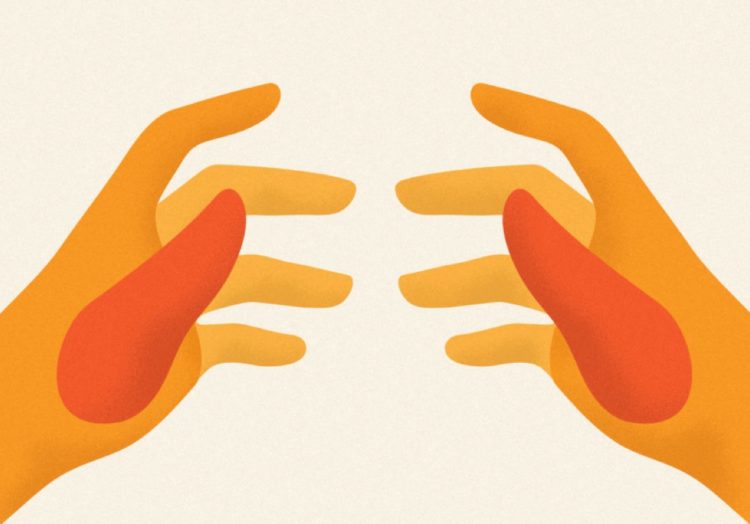
It’s 7:30 AM and the alarm is ringing. Before you’ve even kissed your loved one next to you and said good morning, your phone is in your hand and you’re checking the latest news, opening your mailbox or swiping through the latest stories on Instagram.
With hundreds and hundreds of notifications that you just can’t avoid opening, the well-known FOMO (fear of missing out) comes over you – checking where your best friend went for dinner last night, what was the latest bad word that Trump said or playing the viral video that someone sent you via WhatsApp. Without you noticing, it’s 8:00 AM and you’re late for work.
If you’re also suffering this in silence (don’t panic, it’s not only you, but 80% of the North American population)
If you’re also suffering this in silence (don’t panic, it’s not only you, but 80% of the North American population), you’ll know that dopamine is all over you from the moment you wake up. This neurotransmitter knows that a mobile device equals reward (a new email, two likes, one new contact who wants to connect…) and won’t let you escape.
It’s much more addictive than having a gin and tonic every now and then.
The funny thing is that we blame technology for causing all this, when the reality is that we should be blaming product and service designers for creating specific products and services that generate those well thought automatic behaviors in us.
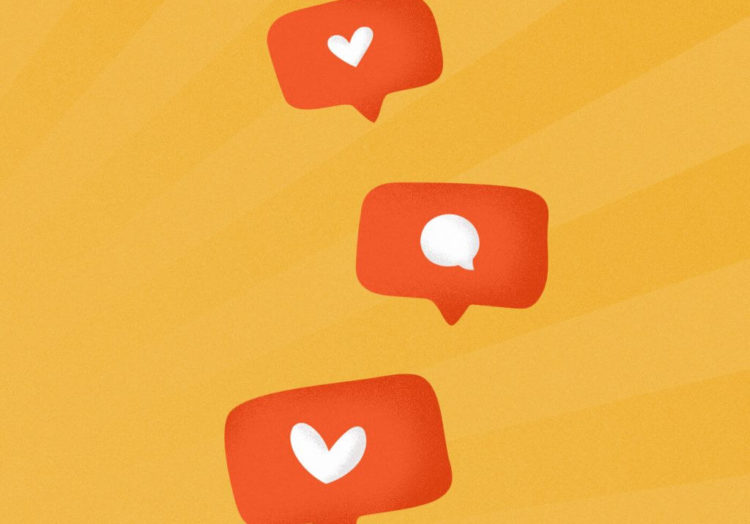
We’re hooked on new (technology) habits that we didn’t have 8 years ago. But when did all of this start? When successful companies like Google, Amazon or Facebook learnt that by displaying the right external triggers to users that activate small rewards (mostly emotional) over and over again, users would end up needing this reward, and would become hooked by that piece of software.
Consumers will then activate themselves (without any promotional ad) through emotional triggers, building a habit for that product or service.
The question for the user experience is, how much of this addiction are we willing to feed? What is the limit for consumers to view tech companies as profit hungry to prompt them to avoid them? The good news is that as user awareness around this topic is increasing, the smartest tech companies are starting to change their company success KPIs from “engagement rate” to “quality time”.
READING
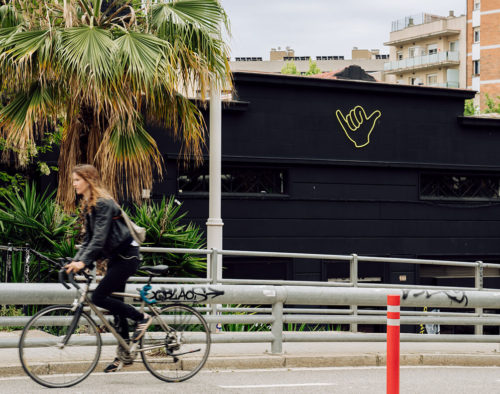
Climate Neutral Certified
We’re proud to announce that this year we are once again Climate Neutral Certified! Over the last few years, we have implemented several actions that allowed us to start the path of becoming a more responsible and conscious business; Climate Neutral is one of the steps we're taking to accomplish this exciting goal.
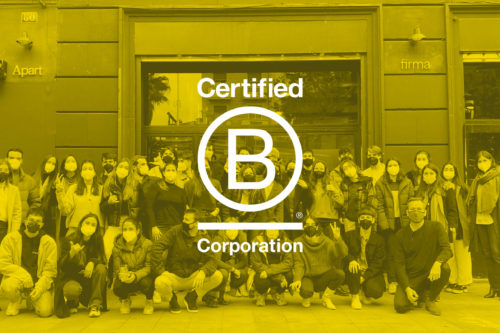
We are finally a B Corp certified company!
After one year of dedication, we are finally a B Corp certified company! It has been a transformational process in which we have learned a lot and worked harder to improve our standards as a company and as transformational agents.
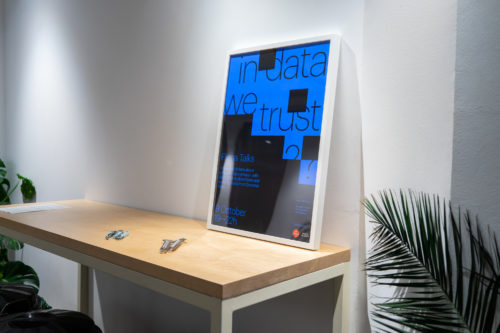
10 Things We Learned from Data
Should we be paying attention to the impact data and algorithms are having in our society?
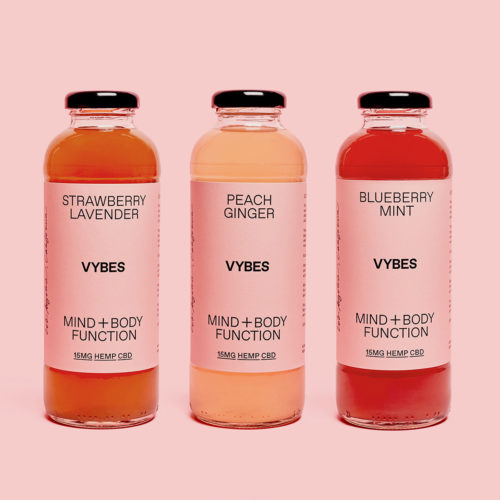
Uncovering CBD with Vybes founder Jonathan Eppers
We sat down with Vybes founder Jonathan Eppers to discuss the rise of the CBD industry in the US, how it's affecting branding and what's Vybes' take on the beverages category.
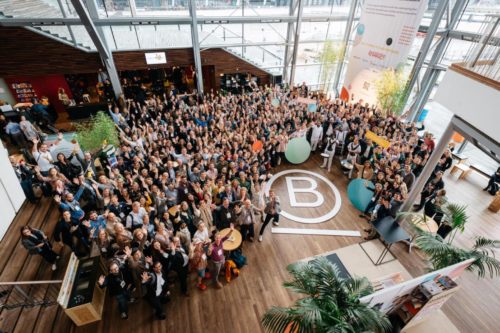
On our way to be a B Corp
After two days at the B Corp Summit in Amsterdam, I gained the inspiration, the energy, and the motivation to become a corporate sustainability activist. Activist? Oh, that sounds uncomfortable. Yes, that sounds like stepping out of the comfort zone.
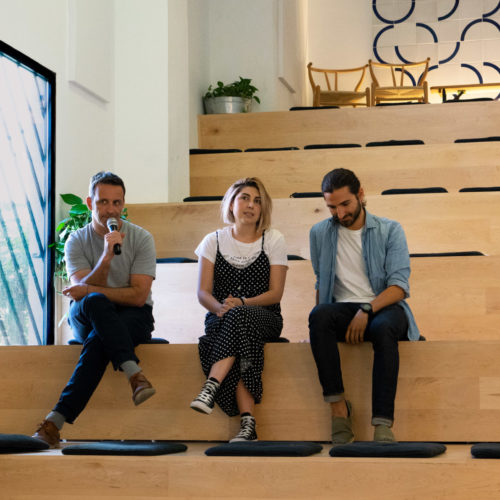
10 Things We Learned from YesFuture & Sustainn
On June 26, Firma Talks invited three experts in the field of circular design — YesFuture, Sustainn, and Go Zero Waste — to tackle one of today's biggest challenges, our waste. We sat down and listened to Olga Rodriguez from Yes Future, and Carlos León from Sustainn address different angles of cutting plastic and generating less waste.

Eddie Would Go: Committing To A Greater Purpose
Companies can be a force for good. In fact, committing to a greater purpose is a growing demand among consumers. Through this article we explore some of the 1% For The Planet members who are taking a stand.
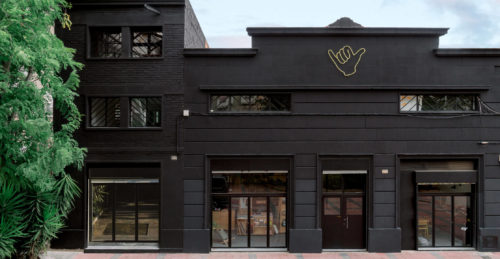
Apart: An Open Space for Innovation
Branding and innovation agency Firma, created Apart for pushing conversations, insights and ideas forward...

10 Things We Learned from Andreu Carulla & Curro Claret
“Upcycling has more to do with the value of the material”, he said. If the value of the material is higher than when it was a product, then it is effectively upcycled.”

Focus, focus and focus
During a trip to Logroño I discovered Bar Soriano, which made me realize that focusing on a single product allows you to work it to perfection.
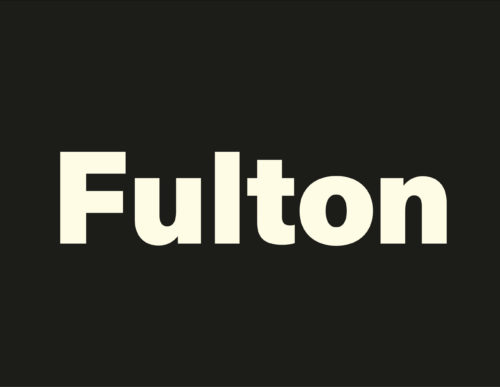
Fulton and the power of combining letters
Let’s start with this random name that came into my mind: Fulton. You have only read the name. Never heard of Fulton. But think about Fulton and let your brain start imagining.
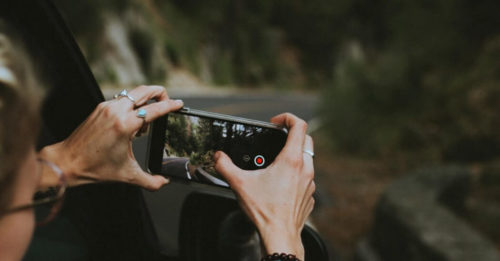
Storytelling can make or break a brand
We can all agree that everyone enjoys a good story; whether it’s telling it or listening to one…proof of it is the irrational online-streaming binge watching most of us have inexplicably given into at one time or another.
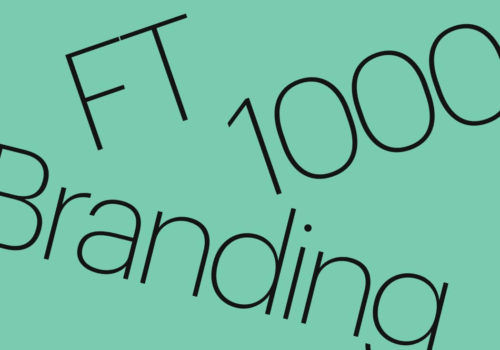
Firma at Financial Times FT1000 2018 Ranking
We are very proud to have been chosen by the Financial Times as one of the most innovative, fast growing companies in Europe for the 2018 edition of FT1000.

Let’s welcome what will come
We believe that combining innovation processes, business strategy and a creative perspective is the way to build successful brands.


